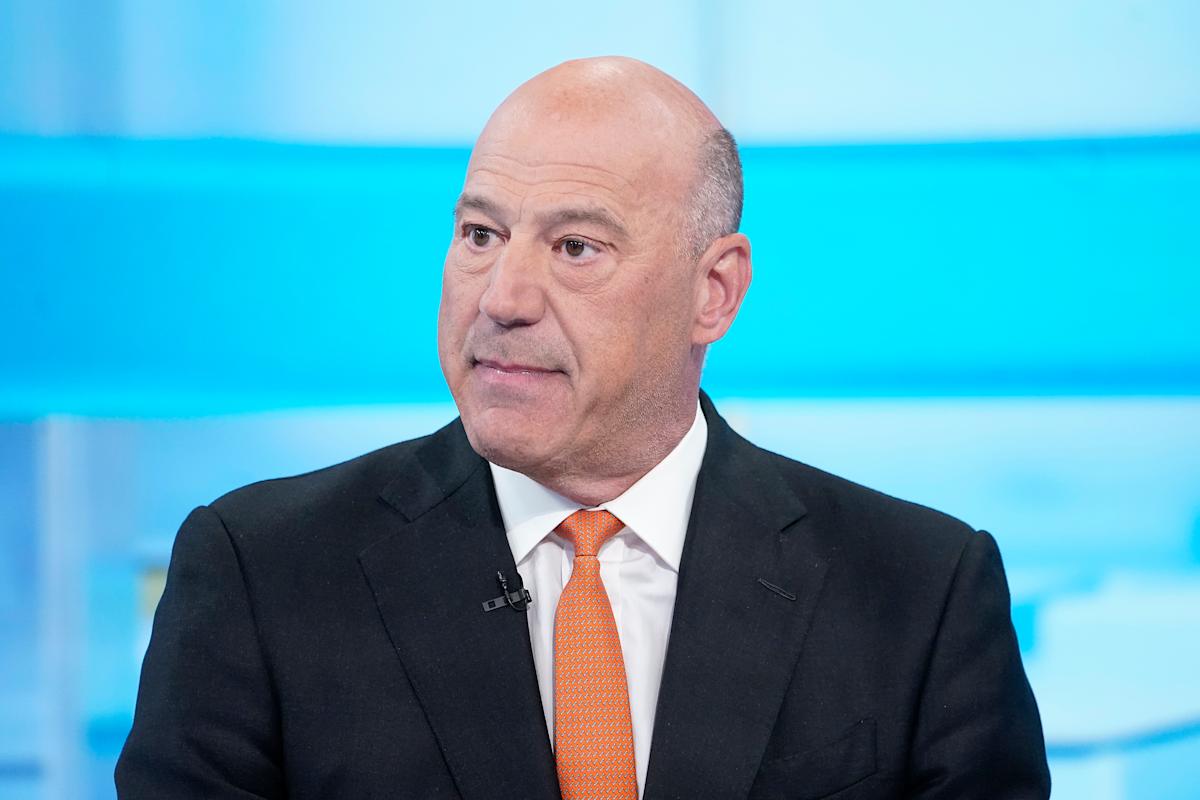Former Trump adviser says US can’t rely on foreign chips as Nvidia invests in Intel
The US can’t afford to outsource its chipmaking future, says former Trump adviser Gary Cohn.
“The United States, as we know, has to become a chip manufacturer,” Cohn, who served as director of the National Economic Council during President Trump’s first term, said on Yahoo Finance’s Opening Bid. “We cannot be dependent on the rest of the world for chips.”
His remarks come after Nvidia (NVDA) said it would take a $5 billion stake in Intel (INTC) this week. As part of the investment, the two tech giants will co-develop chips for PCs and data centers. The tie-up also makes Nvidia one of Intel’s largest shareholders, potentially giving Intel the lift it needs as it falls behind in the global chip race.
Currently, Intel is America’s only leading-edge chip manufacturer. In late August, the federal government agreed to invest $8.9 billion in the company in exchange for a 9.9% stake.
Cohn, now IBM (IBM) vice chairman, described the Nvidia-Intel deal as having “some good,” noting that it highlights a larger push to bolster domestic chip production.
He pointed to lessons learned during the COVID-19 pandemic. “We understood that without chips being imported to the United States, our economy, our manufacturing economy [would] shut down,” he said.
He added that the federal government encouraging domestic chip manufacturing is a “good thing,” referencing the CHIPS Act, which was signed in 2022 during the Biden administration.
Still, Cohn stressed the government’s role isn’t to pick winners and losers, but to protect national security and the economy. “To be able to defend ourselves, to be able to build military equipment, we need to be in the chip manufacturing business here,” he said.
Even so, the comments come amid a $42 billion US-UK tech agreement dubbed the “Tech Prosperity Deal,” a major catalyst for AI chip demand in the UK. Big Tech players like Microsoft (MSFT), Nvidia, Google (GOOG), and OpenAI (OPAI) are part of the investment.
More broadly, Cohn highlighted the long-term infrastructure investments required for AI, particularly new data centers, which he estimates will come online in three to five years.
He is bullish on AI’s potential, expecting it to expand beyond the software used today. He cited AI agents as an example of tools that currently “solve a specific AI problem.”
IBM is also betting that the next decade will push beyond AI into quantum computing. “Where I believe this is going, where IBM believes is going … to an enterprise-wide solution where all of these AI programs … will work together. They’ll be more coherently, more cohesively related, and they’ll have a big infrastructure behind that,” he said.


